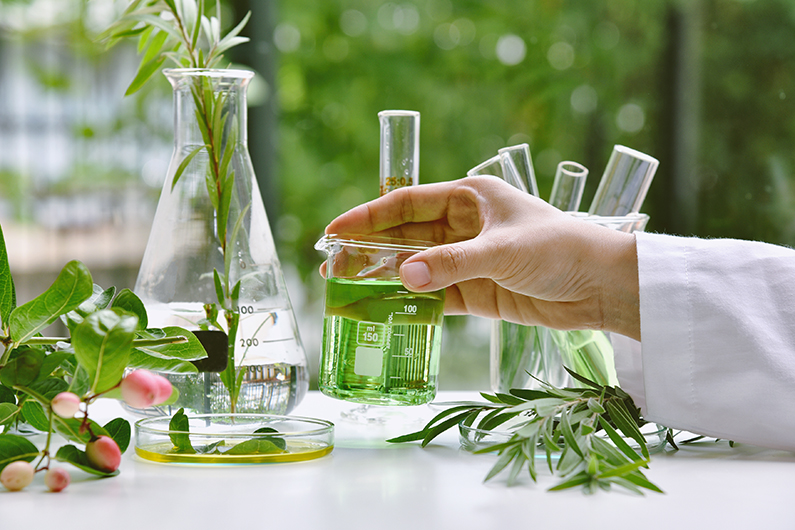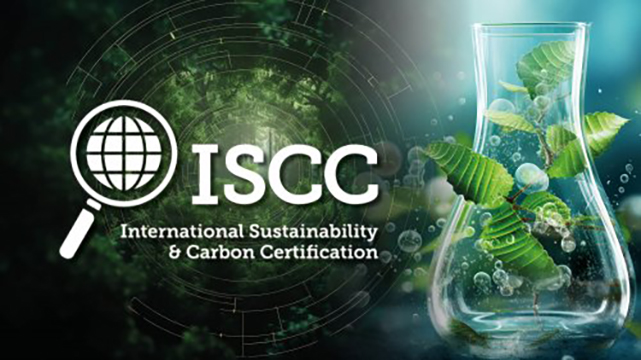More news
- New Managing Director of BASF’s Coatings division
- Global New Material International (GNMI) to acquire Merck’s Surface Solutions busine...
- Delta Coatings unveils plans for global eco-friendly HQ and plant
- PPG recognised for sustainability progress by FTSE4Good for sixth consecutive year
- ChemQuest expands Business Development team, names four VPs

BASF has commenced construction of its syngas plant at the Verbund site in Zhanjiang, China. This world-scale syngas facility, fully integrated into the Verbund site, is scheduled to start up in 2025. BASF will adopt unique process concepts in the syngas plant to reduce carbon emissions compared to conventional syngas plants, contributing to BASF’s sustainability goals.
The state-of-the-art facility will produce syngas and hydrogen for captive use within BASF’s production Verbund. The production technologies deployed in the syngas plant will mainly utilise CO2 off-gas, a by-product of the ethylene oxide process and excess fuel gas from steam cracker operations, to manufacture syngas. “The technical concept of this syngas plant is the first of its kind in China, underscoring our commitment to achieving climate neutrality by 2050. Compared to other technologies, these innovative process technologies help to reduce the Zhanjiang Verbund site’s direct CO2 emissions and particularly lower the carbon footprint of our oxo and ethylene oxide products,” said Bir Darbar Mehta, Senior Vice President of Petrochemicals Asia Pacific at BASF.
READ MORE:
BASF to separate joint MDI production in Caojing, China
Besides the above-mentioned raw materials, the syngas plant can utilize further feedstocks, ensuring more reliable production. Electricity will be supplied by the site-wide grid which is expected to be powered with 100 % renewable energy by 2025.
Background information on BASF’s Verbund site Zhanjiang
The Zhanjiang Verbund site will be BASF’s largest investment with up to €10 billion upon completion. It will be operated under the sole responsibility of BASF and will be the company’s third-largest Verbund site worldwide, following Ludwigshafen, Germany, and Antwerp, Belgium.







